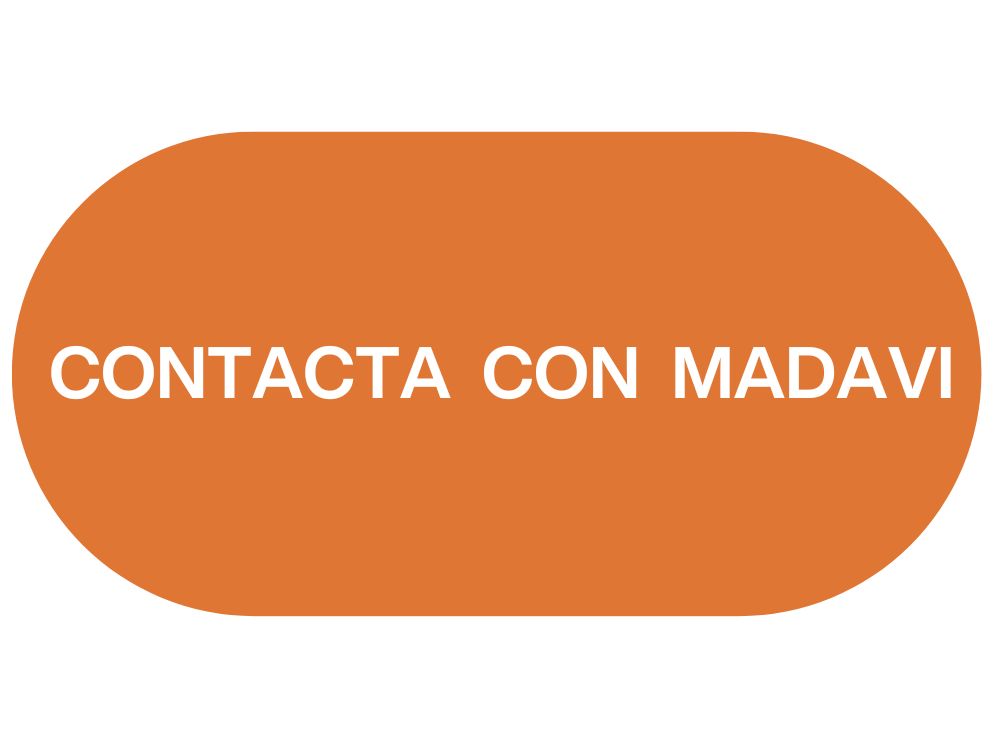In business, we often look for perfect order, structured systems and clear rules to ensure success. But what if the real driver of growth is not order, but “perfect disorder”?
That “messiness” occurs when people not only perform their tasks because they have to, but because they want to and are able to. It is the kind of environment where employees feel free to make decisions, innovate and take responsibility, without the pressure of excessive control. In this scenario, it is not a matter of following a manual to the letter, but of trusting in the talent and passion of each individual.
When people are motivated and empowered, creative energy flows and solutions emerge spontaneously. Thus, disorder becomes a vibrant ecosystem where autonomy and trust are the norm. This is where companies really thrive: when every team member brings his or her best because he or she wants to contribute and knows he or she can.
Spotify, a great example of “perfect disruption”.
Spotify, the music streaming platform, is famous for its organizational approach called the “Squad model”, which encourages autonomy, creativity and innovation within its teams.
Instead of a traditional hierarchical structure, Spotify operates with squads, tribes, chapters and guilds:
- Squads: small, multidisciplinary teams that function as mini-startups within the company. Each squad has a clear objective and the freedom to decide how to achieve it. There are no bosses to micromanage; each member contributes according to his or her skills and ideas.
- Tribes: These are a set of squads working in related areas. Tribes allow collaboration without breaking the autonomy of each squad.
- Chapters and Guilds: Groups that are formed according to shared skills or interests, encouraging continuous learning and knowledge sharing.
How the “perfect clutter” works on Spotify
At Spotify, squads have the freedom to experiment and make decisions without waiting for approval from a superior. This creates an environment where innovation emerges naturally and organically, as each member feels responsible and motivated.
This structure allows Spotify to adapt quickly to market changes and user needs. There is no excessive bureaucracy to slow down processes; if something doesn’t work, teams can pivot immediately.
Employees are not tied to rigid job descriptions, but are encouraged to explore and propose new ideas. This results in a high level of engagement, as people work because they want to innovate, not because they have to fulfill a checklist.
Thanks to this approach, Spotify has been able to scale its business quickly while maintaining an agile and creative work environment. This example shows that when people have the freedom to act and the tools to do so, the results far exceed what can be achieved with tightly controlled systems.
Fernando Iglesias, CEO of Madavi, gives us another very illustrative example outside the workplace:
“In the 80s, they were in Russia seeing how they managed to get bread every day and not have a queue, which does not seem so difficult, but it is that someone was trying to organize it. They sent a person to England to see how the bakeries worked, and they worked perfectly; there were no queues, they had a variety of products and they never ran out of bread. So that person went to talk to the people in charge of the bakery and asked them: “Who organizes all this so that it works? And they told him: Nobody, that’s why it works. That is perfect disorder, when people do what they have to do because they want to and can, and the same thing happens in organizations”.
How Madavi does it
And how do companies achieve it? “When I talk about perfect disorder, they look at me funny; how can they not look at me? Why? Who is this guy? What does this guy say? Now, if you ask a person: ‘Tell me about a moment when you gave the best of yourself as a team; a moment that you feel very proud of what you did, it’s always perfect disorder.
When you ask people in a company who thinks the company needs to change, everyone raises their hand. When you ask who needs to change, they always point to someone else. “In reality, change is easiest to make from those who have no power, but who are the ones who actually generate the value.”
Those who don’t have that power are the majority of the company, and that’s where the Madavi team starts to generate change. We ensure that the perfect disorder is produced, which consists of generating such a level of independence that people can make decisions autonomously, regardless of the path laid out by the management team.
Watch video:



